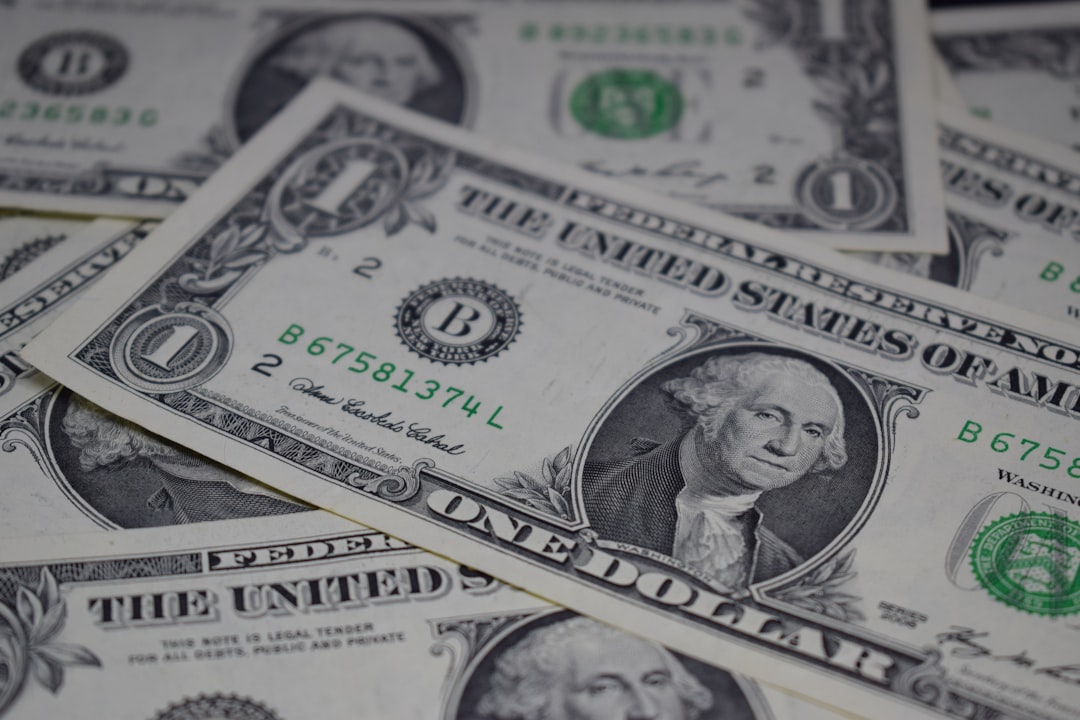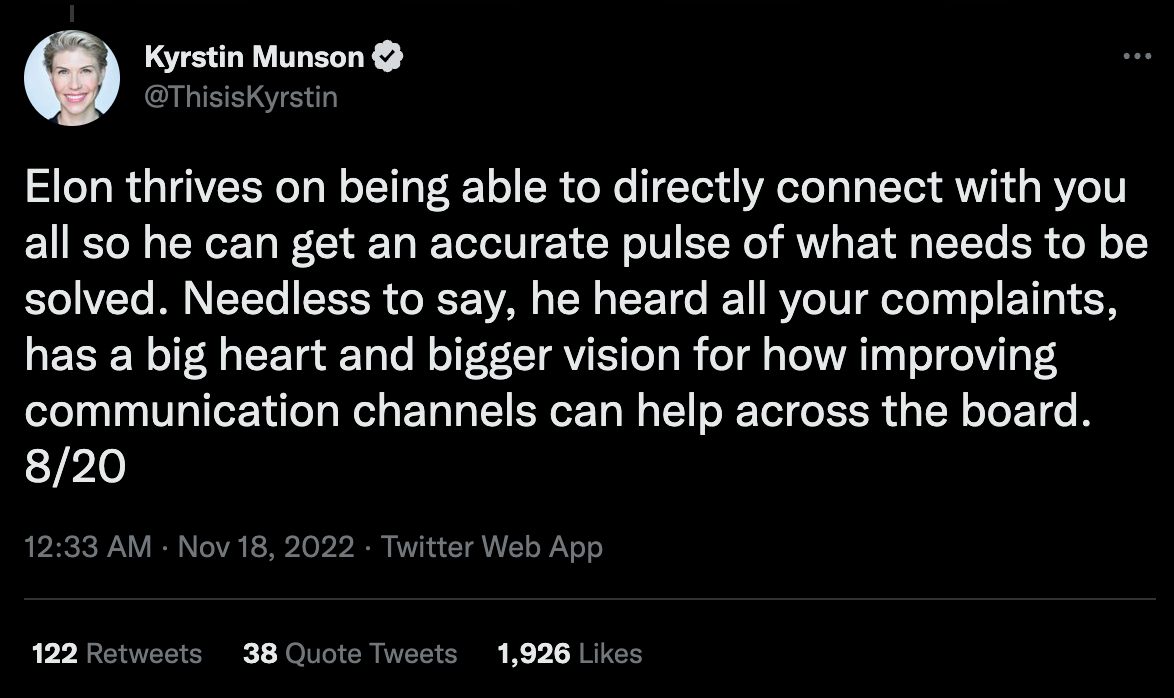
In one of capitalism’s innumerable and lonely theaters stood Phil, tall, gray, harrowed, wearing a camo jacket and trucker cap. He clutched his complimentary coffee and put down 75 cents for his newspaper, which is what he did every day. We were a bookshop, but books seemed to disinterest him, or at least he was never seen purchasing one or even browsing the shelves. Phil was more interested in talking to us, the employees.
Better put, Phil was interested in talking at us, mostly about his time in the military and about how he’d been wronged by his ex-wife. His captive audience could do little but smile, nod, and drop an “oh, wow” or a “really?” here and there. At first, I tried to maintain polite eye contact when listening to him, but I quickly learned it didn’t matter. I could check out other customers at the front desk and go about my business while Phil talked.
Most days, Phil would spin yarns about his time as a soldier, tales in which he was something of a wise-cracking, no-nonsense folk hero. “They all cracked up when I said that” was a staple feature of these stories, as was “and, you know me.” We did not.
On certain days, Phil would be too much of a nuisance, he’d be “on one,” as we sometimes said, and be asked to leave. On one such day, he asked me if I’d ever go to a strip club where the performers were “midgets,” adding, “I’d go. You bet your ass I’d go. Them girls are hotter than my ex wife, I’ll tell you that.” My supervisor, shaking her head, said, “alright, that’s enough for today. Out, out.”
But Phil would always come back, and despite his sometimes disturbing content, I was fascinated by him and felt sorry for him. He either didn’t register that we didn’t enjoy speaking with him, or he didn’t care. He was more than willing to repeatedly enter a space where he’d been kicked out more than once to bother people who’d given up on listening to him. He was either looking for something from us he’d never get, or he was already getting it. Both scenarios were bleak.
Regardless of whatever was going on with Phil psychologically, it was clear he’d found a social dynamic wherein he could impose himself. Phil was broke, a vet, and an outcast, but we were something almost as low: retail workers. Having worked in retail and in food service, albeit briefly, I can attest that it’s not just middle and upper-class people who consider service workers to be more like “things” that lack interiority or private thoughts of their own.
Phil didn’t need us to listen. He didn’t need us to be friends. He just needed us not to have much of a choice. We were an unwilling canvas for him to project an ideal self on. It didn’t fool us, but we weren’t the ones he was trying to fool.
Though taking it to an extreme, Phil was doing something many lonely men do. His pride was wounded by his economic situation, by his ex-wife, by women, generally, and he sought out an avenue in which he could reassert himself. Our presence was required for the ritual, but not our genuine admiration, or even our attention.
I’m sure you’ve heard of rich people.
A handful of them probably come to mind. There are many different kinds of rich people, and many different levels of wealth. I’m thinking of a specific strain of rich man that dominates popular consciousness. I’m thinking of Donald Trump, Jeff Bezos, Elon Musk, the rich men looking to leave a mark, to etch their names on the face of the earth so as never to be forgotten, and the seemingly endless pile of cash to burn on the effort.
You know. Nincompoops.
This sort of desire is nothing new. Whomst among us hasn’t had a university course in a marble building on campus named after some long dead Humboldt Von Hamburg guy who funded its construction? A tame example, but the point is there is an established itch among the wealthy to leave an enduring legacy for a general population they likely don’t think much about.
Nowadays, with news traveling at breakneck speeds on social media, such “great men” can be seen crafting their narratives in real time. Trump, of Trump Hotels and Trump Casinos and Trump Steaks (RIP), needs no introduction on this front. The man was a poor person’s idea of a rich person, bedecked in gold and gaudy marble.
His public persona, over-the-top, egotistical to the point of comedy, irreverent, crude, was simultaneously a monument to solipsism and an invitation to live vicariously through him. For millions of down-trodden men (or, at least, men who self-identified as down-trodden), he was as close to self-insert fanfic as they would ever get. If they had all that money, all that power, they’d do the same. They’d stick it to those softies in the media, those crooks in the government, those snobs on the coasts, those women in general, and so on.
Trump’s antics also revealed something that many of the aforementioned softies in the media found fascinating: he had an earnest, cloying desire to be adored. The “stable genius” who alone could fix America thrived on the applause, on the crowds, on the headlines. He so nakedly needed these things that he wasn’t above outright asking for them. And he got them.
A cottage industry sprang up around Trump’s psychology. New York Times columnist David Brooks diagnosed him with “narcissistic alexithymia,” the inability to understand or describe one’s own emotions. The Atlantic ran a piece called “The Mind of Donald Trump,” which drew from “well-validated concepts in the fields of personality, developmental, and social psychology” to paint a portrait of the then presidential candidate.
That’s traditional media. On social media, particularly in the thick of the Trump Administration years, speculating on the president’s mental state was a hobby horse. Some wondered aloud if perhaps untreated syphilis was the root of his madness. On the other side of things, some construed Trump’s seemingly chaotic leadership style as intentional, saying it was all 4D chess.
This “so incompetent it suggests competence” theory is one Trump played into himself, as when he tweeted out “despite the constant negative press covfefe” by mistake and later tweeted, following widespread mockery, “Who can figure out the true meaning of covfefe ??? Enjoy!”
Getting inside Trump’s mind was a priority for pundits, journalists, and influencers. Dementia. Body dysmorphia. Paranoia. Psychopathy. Alzheimer’s. The list goes on and on. Many books were written on the subject. No matter what was rattling around Trump’s skull, one thing was clear: it felt like we had little choice but to figure him out.
Elon Musk is a sadder case.
He has some things in common with Trump. Both come from wealth, and both have an insatiable appetite for adoration. What they don’t share, however, is charisma. Trump, for all his failings, had the magic touch when it came to working the media, effortlessly keeping himself in headlines and keeping all eyes on him, a veritable savant in the field of getting people to pay attention to him.
Musk, meanwhile, is more labored in his approach, more or less engaging in a war of attrition to get the public’s acknowledgement. He’s made cameos in many TV shows, co-scripting an appearance in The Simpsons and portraying himself as a soup kitchen volunteer in The Big Bang Theory.
Even before his $44 billion purchase of Twitter, he used the social media platform to edify himself as a shitposting edgelord and purveyor of dank memes. Like this one.
Really compelling stuff.
Musk seems determined to style himself as the people’s billionaire. The SpaceX and Tesla CEO even lives out of a trailer worth $50,000! To be sure, he has his dedicated sycophants. He’s an idiot’s genius. He plays with all the fancy toys a cartoon billionaire would play with, toys and rocket ships. He’s sort of like if the “le epic” internet era was one sentient being.
That carefully curated image of a brilliant man took a few hits recently with his stunts at Twitter, his newly acquired platform. His rollout of the new verification system through Twitter Blue was a disaster that saw users abuse the process to impersonate official brands to hilarious results. The plan, which was meant to allow anyone to become verified for $8 a month, was quietly dropped.
He’s fired employees who criticized him both publicly and privately, and after a mass layoff made an ultimatum for the few remaining: be prepared to work “hardcore,” or leave. Even more have since left, leaving the embattled website on life support.
But more than tallying the successes and failures of men like Trump and Musk, I find it interesting and indicting that we have to consider their little personality quirks so much, because such quirks could have serious material consequences for many of us.
With one tweet, Trump and Musk have established policies, tanked stocks, and sent people into panics. When they throw a fit, we have little choice but to pay attention. Looking into their psychology, studying their relationships with their parents, figuring out what makes them tick is akin to taking preventative measures.
What if he impulsively starts a war? What if he breaks an entire social media platform? Is that in his personality? Would he do that?
Messengers come down from on high to trickle information to us on the true nature of these beings. Maggie Haberman lets us know what Trump is really feeling. This lady tells us she knows Elon, knows his heart, and that we have nothing to fear.
I don’t find any of it particularly reassuring.
These past few years, especially, have felt like being locked in a theater where the only actor on stage is holding a gun and telling us to clap. Attention is being demanded, and the person demanding it doesn’t really think of any one of us as being on the same level of personhood as they. We have little choice but to suffer them, to some degree.
And so we analyze them. We dig deep into their personalities, their backstories, their psychology. It’s like doing a Rorschach test on a picture of a circle. There is, in truth, so little to consider, but the stakes have been inflated to such a degree that there is real incentive to try. It almost makes me appreciative of Jeff Bezos, whose existential crisis has mostly taken the form of putting on a cowboy hat and sending himself to outer space.
Ours is a system that exists to produce a handful of extremely wealthy people who get to stomp around like God-Kings once they make it to the top. This status, the ubiquity of their reach that capitalism affords them, is in truth the only thing that distinguishes them. They are only interesting because they have no choice but to be interesting. They can impose themselves on everyone below them, and everyone below them has little say in the matter.
There is a specific and unnerving discomfort that accompanies having to think about these people. I don’t want to have to roll my eyes at Elon’s memes. I don’t want to hear about Trump’s attraction to his daughter. I don’t want to have to go about my day wondering if some idiot with garden-variety pathologies and too much money and power is going to throw a fit and mess something up for everyone.
It’s distracting. It’s irritating. It’s the system we have.
It’s not so unlike my time spent dealing with Phil, and maybe Phil wasn’t so unlike these modern emperors, just without the throne. I wonder what Phil would have done with such authority, or if, in the end, it’s all the same: A man muttering to himself, just loud enough for his captive audience to hear, “I’m somebody.”





Such a good piece, making me both think and laugh. Thank you for articulating the weirdness of current times with such nuance and insight.
hats off on this. i have never read such a bone-cuttingly clean skulldrag. you should consider reading this at elon's funeral whenever the narcissistic toad croaks.